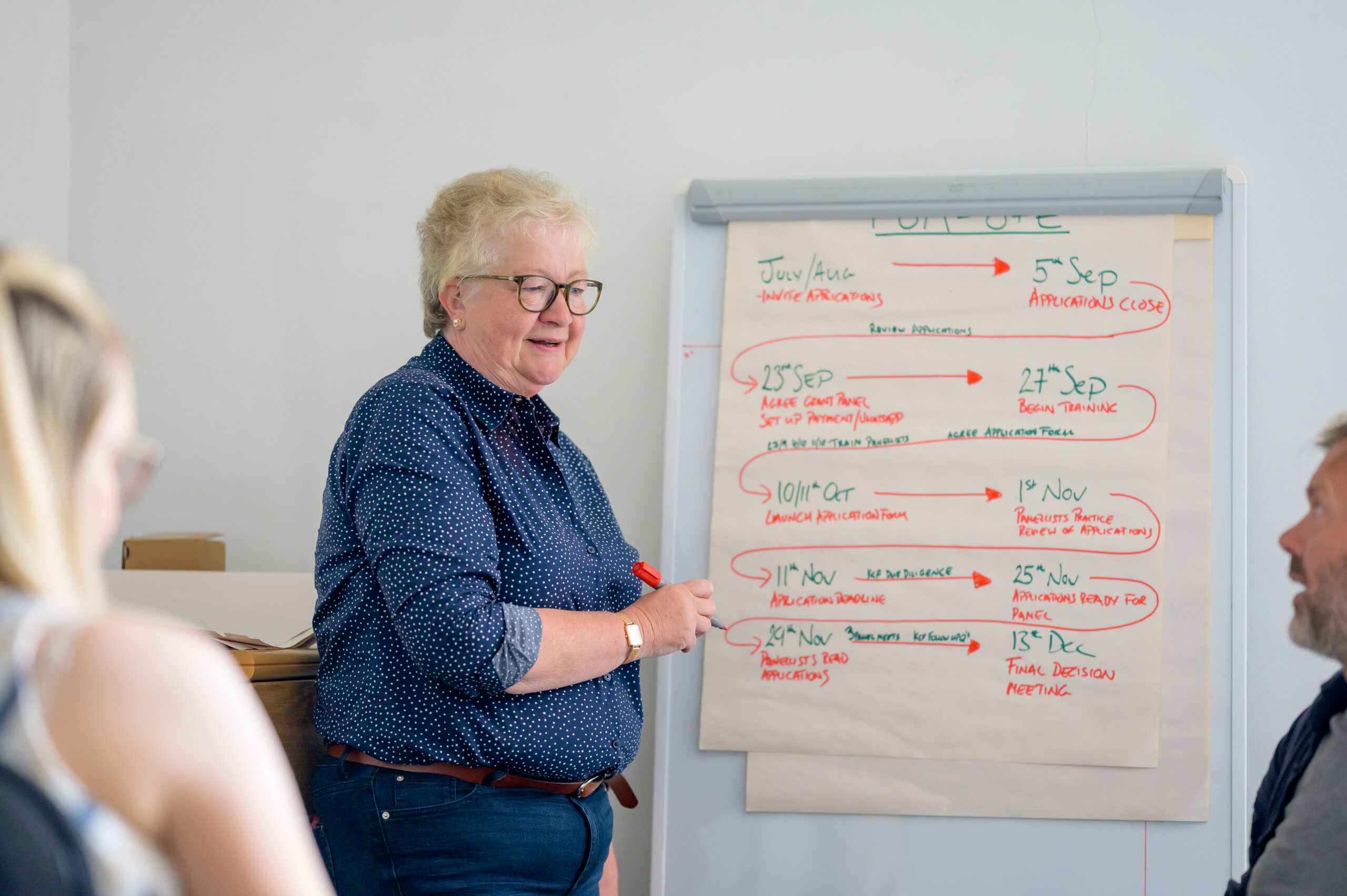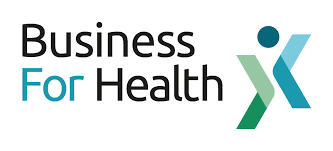Building better evidence for workplace wellbeing
Increasing understanding and development of effective interventions through evaluation

Funded by NIHR and led by Business For Health, the project seeks to find effective ways for businesses to better support people to stay healthy and well in work, and return to work optimally after illness.
Outcomes
The project will see the development and testing of measures and methods, leading to:
- the generation of evidence-based guidance for business and government to help organisations fund and measure appropriate employee benefits and deliver better health outcomes;
- the identification and development of interventions that can be tested and evaluated at scale in the next stage of research.
This project is one of 13 NIHR Work and Health Development Awards, a substantial investment to boost work and health research within the UK.
Building a stronger evidence base
To ensure successful investment in systems and changes within workplace contexts – and to support the future of employment for both individual wellbeing and the economy – we need rigorous and robust understanding of impact. This is particularly important as ideas move from small trials to larger-scale implementations.
It’s critical that we improve the quality of evidence by asking if interventions work, how effective they are, for how long, and for whom, and whether they meet the cost-effectiveness threshold.
What is the Centre’s role?
As part of the project’s multi-disciplinary consortium we will:
- Provide wellbeing expertise and strategic oversight on overall methodology and future research co-design.
- Help enable the delivery and accountability mechanisms for desired outcomes.
- Support the case for investing in workplace health for prevention and promotion.
- Share and platform findings.
Consortium partners
AXA Health, Centre for Ageing Better, healthcare rm, Healthy Hospo, Ipsos Mori, Learning & Work Institute, Kings Fund, National Academy for Social Prescribing, NHS England, Nuffield Health, Retail Trust, Royal Society for Public Health, Understanding Society, ukactive.
What we know about work and wellbeing
Whether we have a job or not is the third biggest factor associated with our wellbeing, after our mental and physical health and our personal relationships. And the quality of that job plays a key role in determining our life satisfaction and productivity.
Our 2022 case study analysis found that the environment we work in, our relationships with our colleagues and company culture impact individual performance. And established evidence shows being out of work damages wellbeing for everyone, regardless of age, gender, location, ethnicity, and level of education.
An increase in workers’ wellbeing is not only likely to increase productivity, it may also have spillover benefits to the wellbeing of their family, friends and wider community.
To help us thrive both in and outside of the workplace, we need to increase our understanding of what interventions work.
Taking a system change approach to improving health through work and workplaces has the potential to improve national productivity and wellbeing, reducing the burden on health and care while improving economic growth.
![]()
[gravityform id=1 title=true description=true ajax=true tabindex=49]


